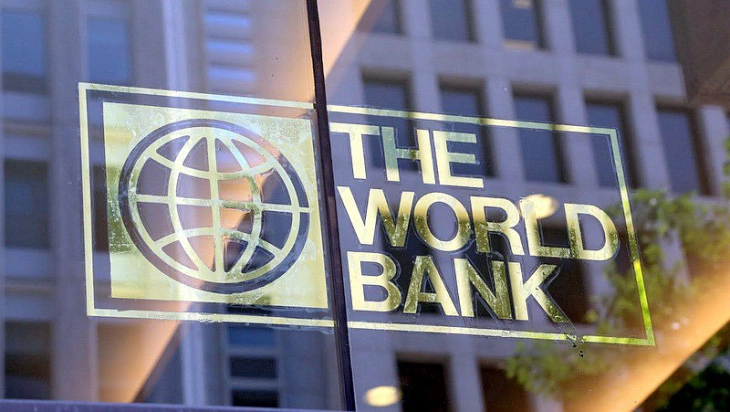World Bank: Western Balkans economic growth projected to moderately accelerate in 2025
- Economic growth in the Western Balkans is projected to moderately accelerate through 2025, mainly driven by increased consumption and investment, helped by increased purchasing power, according to the Western Balkans Regular Economic Report released Thursday by the World Bank.

Skopje, 17 October 2024 (MIA) – Economic growth in the Western Balkans is projected to moderately accelerate through 2025, mainly driven by increased consumption and investment, helped by increased purchasing power, according to the Western Balkans Regular Economic Report released Thursday by the World Bank.
The World Bank forecasts that the collective economic growth of Albania, Bosnia and Herzegovina, Kosovo, Montenegro, North Macedonia, and Serbia will reach 3.7% in 2025, a revision of 0.2 percentage points upward from the spring edition of the report. Growth for 2024 is expected to reach 3.3%, an increase of 0.1 percentage point from initial estimates.
"Domestic factors continue to support a moderate acceleration of growth in the Western Balkans. In addition, in the medium term, the gradual recovery of economic activity in the European Union is expected to play a crucial role by bolstering exports from the region," said Isolina Rossi, an economist at the World Bank and the report's lead author.
As economic growth in the Western Balkans strengthens, the living standards continue to gradually converge with those of more advanced European Union economies. However, retaining the growth momentum and accelerating the pace of convergence requires structural reforms, including those outlined in the European Union’s Growth Plan.
"Economic integration is a key driver of growth for small economies such as those in the Western Balkans," said Xiaoqing Yu, World Bank Country Director for the region. "To foster this growth, countries should enhance regional and European Union trade, reduce border wait times, and integrate payment systems. Furthermore, addressing demographic and labor market challenges requires a strong focus on developing human capital. To advance from middle- to high-income status, improving education and health systems is essential."
As nearly one in four individuals from the Western Balkans currently reside abroad, better managing the Western Balkans’ global workforce could be a key driver of economic development in the region. While emigration may pose challenges, such as labor shortages, there are also clear opportunities to leverage migration for economic benefits.
According to the report, when managed effectively, migration can alleviate poverty, stimulate exports, and attract investment, eventually resulting in job creation and knowledge transfers. For example, remittances can improve financial resources for migrant households. In addition, the return of skilled migrants can create a "brain gain" for their home countries, while the allure of higher wages abroad can motivate education and skill enhancement among those who remain.
To maximize the benefits of migration, the report recommends several policy actions for the Western Balkans:
Developing skills training and mobility programs in partnerships with destination countries and expanding bilateral social security agreements;
Enhancing migrant protections throughout their migration journey to mitigate risks they may face and incentivize return;
Facilitating the transfer of capital, expertise, and cutting-edge technologies from members of the diaspora; and
Utilizing digital tools and improving data collection for effective migration management and policymaking, the World Bank said in a press release.







